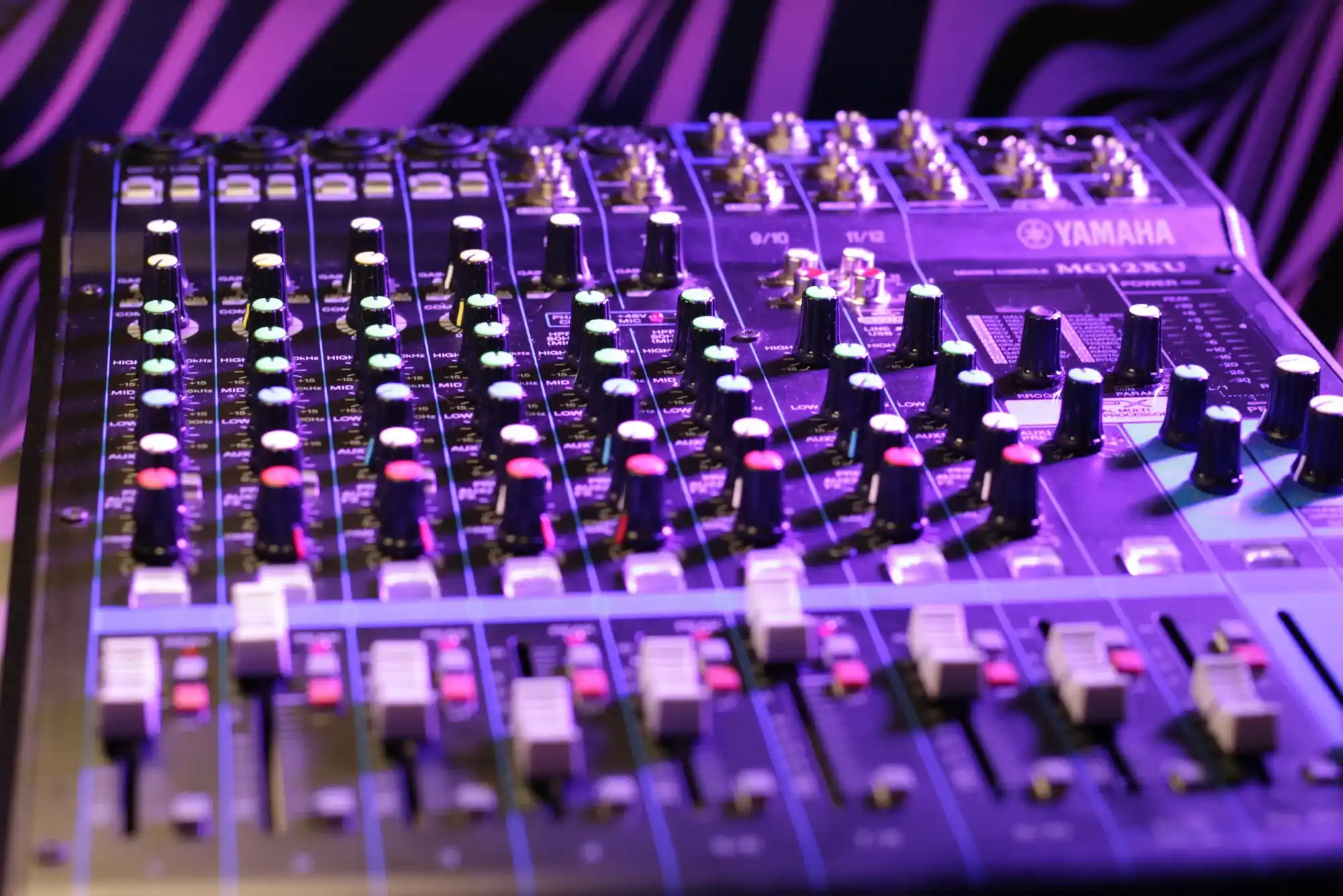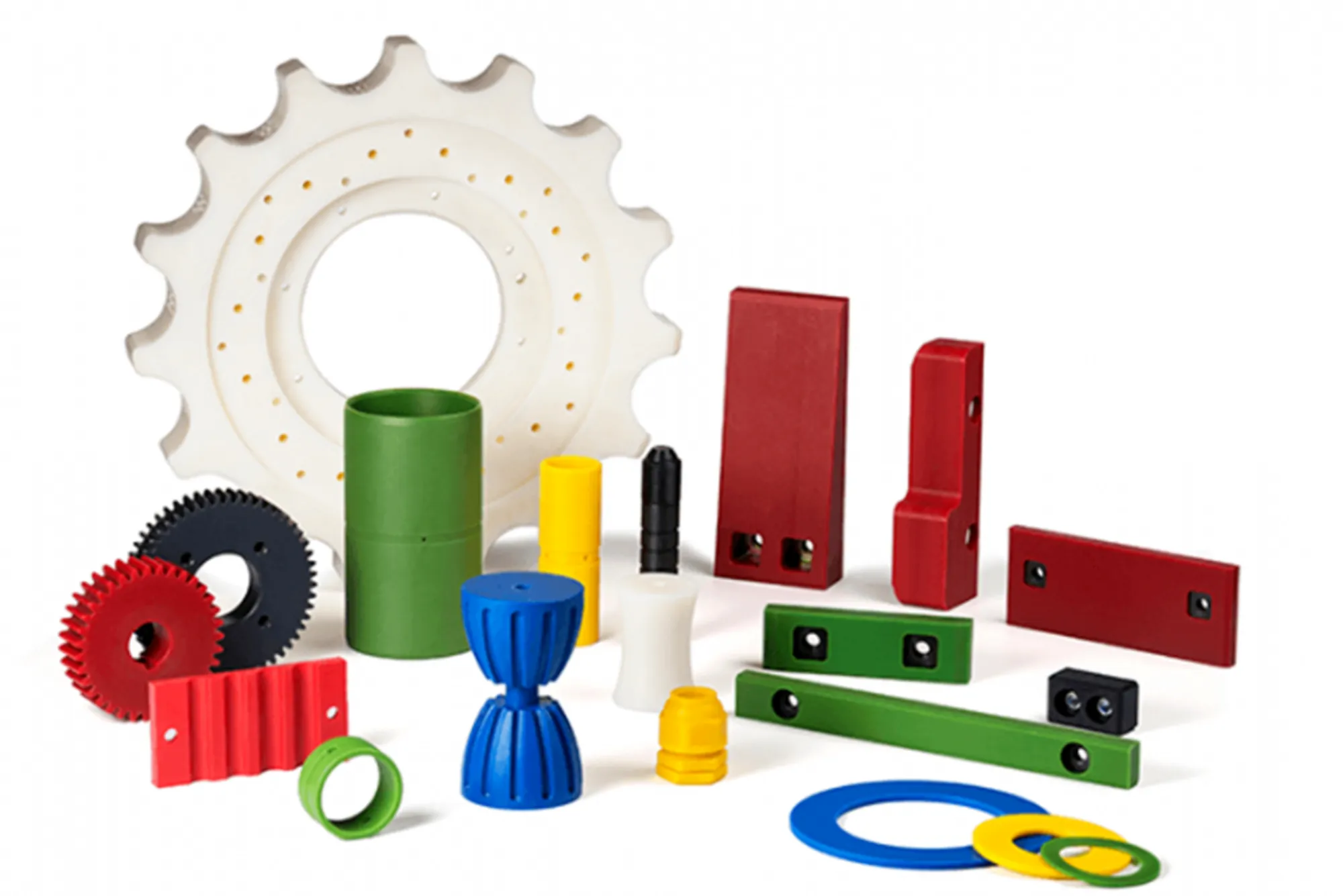Choosing a career in live sound engineering can be an exciting journey, especially in a vibrant region like Delhi NCR, where the music and event industry is thriving. With numerous institutes offering courses in live sound engineering in Delhi, India, selecting the right program can feel overwhelming. This article provides a comprehensive guide to help you make an informed decision, ensuring you invest in a course that aligns with your career goals and equips you with the skills needed to succeed in this dynamic field. By focusing on key factors such as curriculum quality, faculty expertise, hands-on training, and industry connections, you can confidently choose a program that sets you up for success.
Understand Your Goals in Live Sound Engineering
Before diving into the specifics of choosing a course, it’s essential to clarify your career objectives. Live sound engineering involves managing audio for live events, such as concerts, theater productions, and corporate functions. Ask yourself: Do you want to specialize in concert sound, broadcast audio, or studio production? Are you seeking a comprehensive education or a short-term workshop to enhance specific skills? Understanding your goals will help you narrow down courses that cater to your aspirations.
In Delhi NCR, the demand for skilled professionals in live sound engineering in Delhi, India is growing due to the region’s booming entertainment industry. Whether you’re a beginner or an experienced professional looking to upskill, identifying your purpose will guide your decision-making process.
Research the Curriculum
A high-quality curriculum is the backbone of any reputable live sound engineering course. Look for programs that cover both theoretical and practical aspects of audio engineering. Key topics should include sound system design, microphone techniques, mixing console operations, signal flow, and acoustics. Advanced courses may also cover digital audio workstations (DAWs), live mixing, and sound reinforcement techniques.
When researching courses in live sound engineering in Delhi,India, check if the curriculum is up-to-date with industry standards. For example, does the course include training on modern digital mixing consoles like the Yamaha QL Series or DiGiCo SD Series, which are widely used in professional settings? A well-rounded curriculum should also address troubleshooting, a critical skill for live events where technical issues can arise unexpectedly.
Evaluate Faculty Expertise
The quality of instructors can make or break your learning experience. Look for courses taught by professionals with real-world experience in live sound engineering. Faculty members who have worked on major events or with renowned artists bring valuable insights and practical knowledge to the classroom. Check the institute’s website or contact them to learn about the instructors’ backgrounds.
In Delhi NCR, some institutes collaborate with industry veterans who offer mentorship and guidance. For instance, a course led by a sound engineer who has worked on high-profile events like music festivals or live broadcasts can provide you with insider tips and networking opportunities.
Prioritize Hands-On Training
Live sound engineering is a hands-on profession, so practical training is non-negotiable. The best courses offer access to professional-grade equipment, such as mixing consoles, PA systems, and stage monitors. Look for programs that include real-world simulations, such as setting up sound systems for mock events or working in live venues.
In live sound engineering in Delhi, India, some institutes partner with event management companies or venues to provide students with practical exposure. For example, you might get the chance to assist at a live concert or corporate event, giving you a taste of the real-world pressures and demands of the job. Ensure the course offers ample lab time or internships to build your confidence and technical skills.
Check Industry Connections and Placement Support
A course’s value extends beyond the classroom. Institutes with strong industry connections can open doors to internships, freelance opportunities, or full-time jobs. Research whether the program has partnerships with event companies, recording studios, or production houses in Delhi NCR. Placement support is another critical factor—does the institute offer career counseling, resume-building workshops, or job placement assistance?
Some programs in live sound engineering in Delhi, India have ties with local music festivals, theaters, or corporate event organizers, which can lead to valuable networking opportunities. Ask about alumni success stories to gauge the institute’s track record in helping graduates launch their careers.
Consider Course Duration and Flexibility
Live sound engineering courses vary in duration, from short-term workshops to year-long diploma programs. Choose a course that fits your schedule and career timeline. If you’re working or studying, look for part-time or weekend classes. Online or hybrid options may also be available, but ensure they include sufficient practical training, as live sound engineering requires hands-on experience.
In Delhi NCR, institutes like AAFT, Seamedu, and SACAC offer programs ranging from three months to a year. Evaluate whether the course duration aligns with your learning pace and career goals. A longer program may provide deeper knowledge, while a shorter one could be ideal for quickly entering the workforce.
Assess Infrastructure and Facilities
The quality of an institute’s facilities can significantly impact your learning experience. Visit the campus if possible to inspect the audio labs, equipment, and classrooms. Are the facilities equipped with industry-standard gear? Do they have soundproof studios or live mixing setups? A well-equipped institute will give you a competitive edge by familiarizing you with the tools used in professional settings.
Compare Costs and Value
Tuition fees for live sound engineering courses in Delhi NCR can vary widely, from INR 50,000 for short-term courses to over INR 2,00,000 for comprehensive diplomas. While cost is a factor, prioritize value over price. A cheaper course may lack hands-on training or experienced faculty, while a more expensive one might offer better facilities and industry connections. Look for scholarships, payment plans, or financial aid if budget is a concern.
Read Reviews and Testimonials
Online reviews and alumni testimonials provide insights into a course’s quality and reputation. Check platforms like Google Reviews or social media groups for feedback from past students. Were they satisfied with the training? Did the course help them secure jobs in live sound engineering? Be cautious of institutes with overly promotional reviews—seek authentic feedback from multiple sources.
Explore Certification and Accreditation
A recognized certification can enhance your resume and credibility. Check if the course offers a certificate or diploma accredited by a reputable body, such as a university or industry organization. Some institutes in Delhi NCR offer certifications recognized by global audio brands or associations, which can boost your employability.
Location and Accessibility
Delhi NCR’s sprawling geography means location matters. Choose an institute that’s easily accessible by public transport or has nearby accommodation if you’re relocating. Institutes in areas like Noida, Gurgaon, or South Delhi are often well-connected and close to event venues, offering opportunities for practical exposure.
Stay Updated on Industry Trends
The field of live sound engineering is constantly evolving with advancements in audio technology. Choose a course that stays current with trends, such as immersive audio systems (e.g., L-ISA by L-Acoustics) or networked audio protocols like Dante. A forward-thinking curriculum ensures you’re prepared for the future of live sound.
Final Thoughts
Choosing the right live sound engineering course in Delhi NCR requires careful research and planning. By focusing on curriculum quality, faculty expertise, hands-on training, industry connections, and other key factors, you can find a program that aligns with your career aspirations. The demand for skilled professionals in live sound engineering in Delhi, India is on the rise, making it an ideal time to invest in your education. Take the first step toward a rewarding career by selecting a course that equips you with the skills, confidence, and connections to succeed in this exciting industry.







